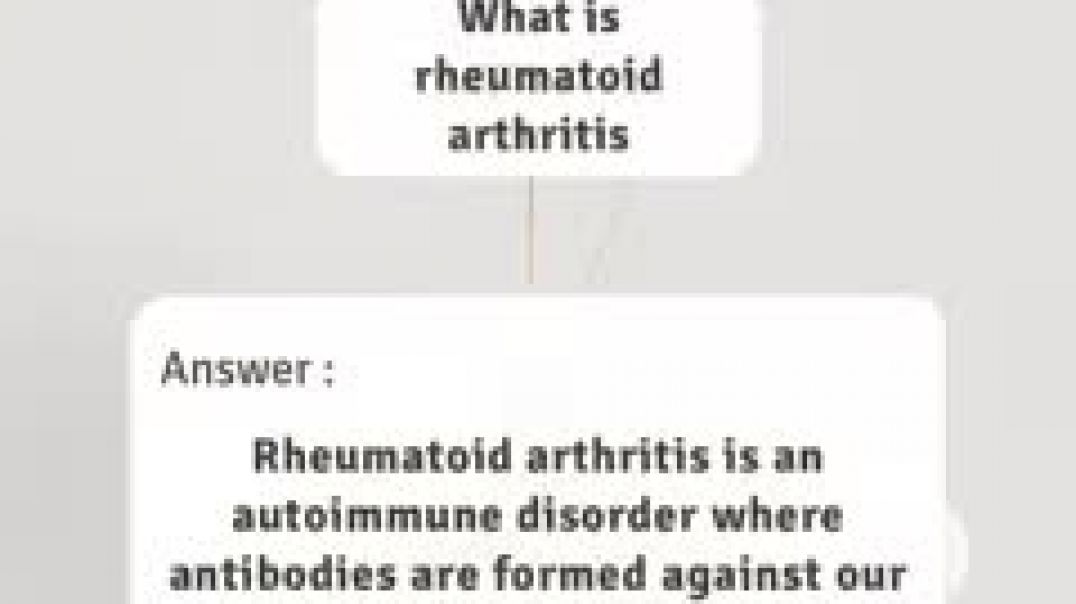Colon CA 3 I Case 1: Adjuvant I Case 2: Asprin I Case 3: Stage 4 treatment I Case 4: Unknown primary
Case 1
This patient has a T2 N0 or Stage I Colon cancer Adjuvant chemotherapy is not offered to these patients.
While this patient had less than 12 LN sampled, had +LVI, and harbors poorly differentiated histology (all adverse prognostic features), he has Stage I disease.
If this patient had Stage II colon cancer and had high-risk features, that could be an indication to consider adjuvant 5-FU based chemotherapy.
Reference: https://www.nccn.org/professio....nals/physician_gls/p
Case2
Pre-clinical data shows that inhibition of cyclooxygenase-2 by aspirin downregulates PI3K signaling activity.
In a published report of 964 patients with colorectal cancer regular use of aspirin after diagnosis was associated with longer survival among patients with mutated-PIK3CA colorectal cancer, but not among patients with wild-type PIK3CA cancer. The findings from this study suggest that the PIK3CA mutation in colorectal cancer may serve as a predictive molecular biomarker for adjuvant aspirin therapy However, prospective data is needed on aspirin and COX2 inhibition in patients with PIK3CA-mutated colorectal cancers before this mutation is integrated as a predictive marker.
Reference: Liao X et al. Aspirin use, tumor PIK3CA mutation, and colorectal-cancer survival. N Engl J Med 2012; 367(17):1596-606
Case 3
For this patient, Bevacizumab should not be given. She has a history of TIAs.
Irinotecan-based therapy is contra indicated as the conjugated bilirubin is more than 3 times upper limit and stent deployment cannot be performed to lower this bilirubin. Capecitabine is contraindicated for patients with a CrCl less than 30 ml/min.
Oxaliplatin can be given to this patient, however, a dose reduction should be performed given the ccl.
For this patient, FOLFOX + Panitumumab would be the best option. Of note, the PRIME study showed high effectiveness of this regimen in patients who were wild-type on expanded RAS testing.
The tumor originated in the left colon which predicts for significant benefit with anti-EGFR therapy.
Reference: Douillard JY et al. Panitumumab-FOLFOX4 treatment and RAS mutations in colorectal cancer. N Engl J Med 2013;369(11):1023-34
Case 4
colorectal cancer is the most common primary site in patients with liver metasatsis. Bleeding per rectum is one of the most common early signs of colorectal cancer but this sign can be absent in some patients.
-
Category



















![Actinic Keratosis Treatment and Cancer Potential - Eyelid, Face, and Neck [Dermatology Course 32/60]](https://i.ytimg.com/vi/ffcHWDpKZqQ/maxresdefault.jpg)


No comments found